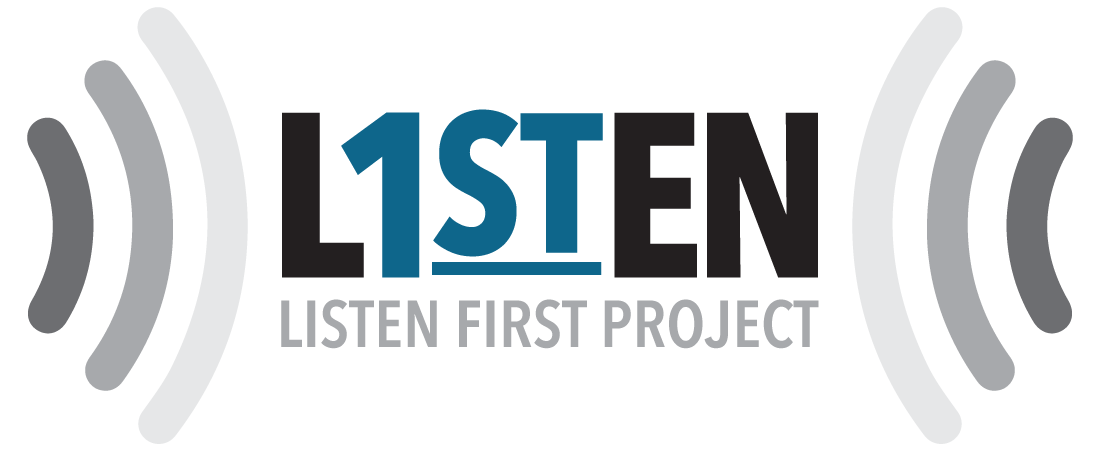Forgiving, Listening & Learning
I was one of those annoying kids that questioned everything. My parents had a hard time commanding me to do anything, because I would relentlessly question their commands. At first, having to explain everything to me annoyed them.
“Why do I have to bow to Auntie Funke?”
“Because you have to show that you respect her”
“Why do I respect her . . . I don’t even think I know her?”
If my parents were having a patient day with me, they would answer my questions. In this particular case, the answer was those who are older than me should be shown respect because they, as my elders, have experiences that I don’t have. It would behoove me to sit at their feet and learn from them. If I had simply obeyed my parents without questioning, I would have bowed and left. Instead, the act of questioning, listening and then learning allowed me to go from simple obedience to adaptive learning. I would no longer just bow but also greet them and make them feel as comfortable as I possibly could to show them my respect.
Since then, I’ve tried to listen to different perspectives, so that I can gradually change and better myself. I spent most of my life trying to gain as many different perspectives as possible. In college, I majored in the Hard Sciences and minored in Humanities so that I understood the importance of knowledge in many forms. I’m from New York City but left to teach in the mountains of Lesotho, an extremely rural country in Southern Africa. I sought to learn the whole time.
When I was younger, I thought I could ask questions of anyone and always walk away with a new thing to learn but my optimism waned. Over the years, I met so many people that seemed to dismiss the views of people they had never met. Gradually, I started listening less. I began to classify people: those who dismissed people and those who listened. If someone made generalizations about how a group of people should be treated or viewed, I believed that I couldn’t talk to them about anything important again. It seemed like a good idea at the time until it happened to me.
I was in a Middle Eastern studies class and we were talking about the ban on wearing burqas in France. As a class, we asked questions about the ruling and tried to understand the French government’s stance. We also tried to brainstorm better ways to handle the situation. Finally, frustrated with a problem that I didn’t completely understand, I just announced “Maybe, they shouldn’t be allowed to wear burqas, then less people would be persecuted for their religion!” There was an awkward pause and we moved on. I’m not sure when I realized that statement put me in my very own “dismissive” category, but I quickly realized that I was now classified among the close-minded section for many of my classmates.
I don’t think I am a bad person. I strive to understand how other people feel and act accordingly so that I’m not hurting anyone. However at that moment, I didn’t listen or try to understand someone else’s perspective because it was just too difficult for me. Instead, I gave up and dismissed someone’s perspectives. I don’t think I’m unique in doing that once in a while. The important part is I eventually forgave myself and realized that I’m still learning. I also hope that the next time I say something offensive, my audience will forgive me enough to keep sharing their experiences. Once all is forgiven, we can move on with the listening and learning process.
Gloria Odusote
May 2016

